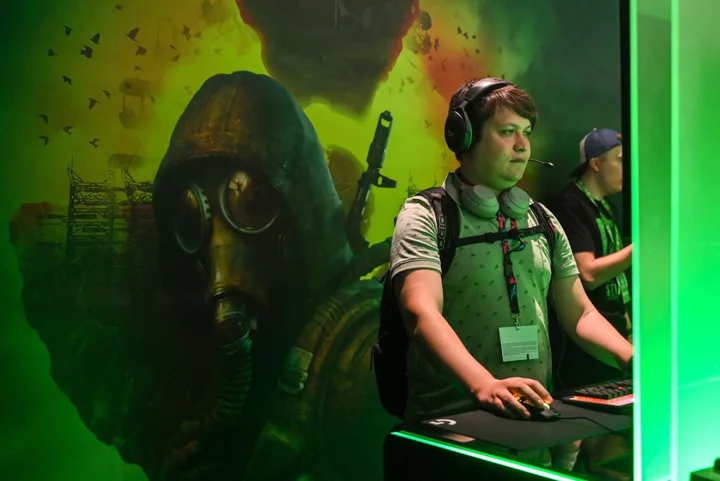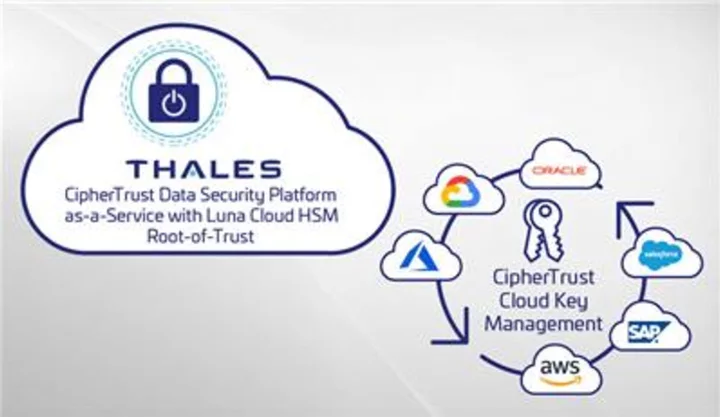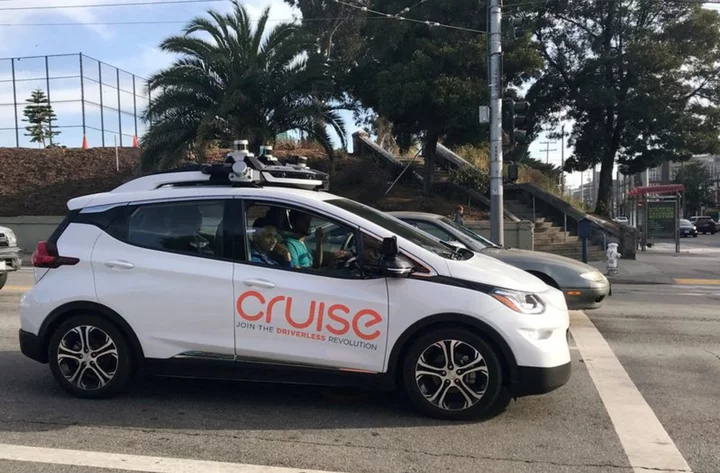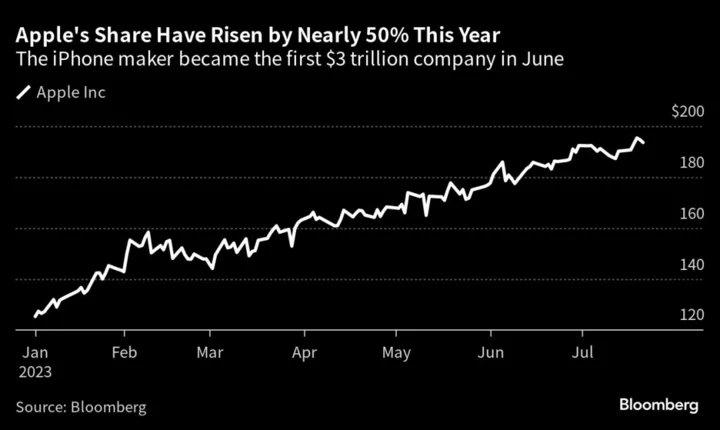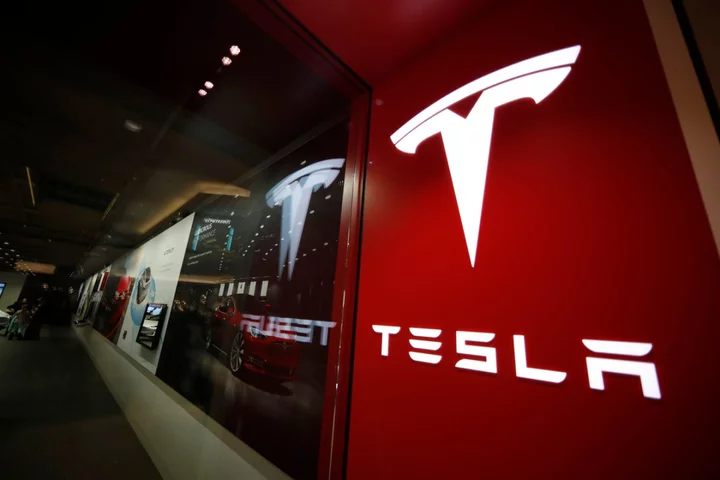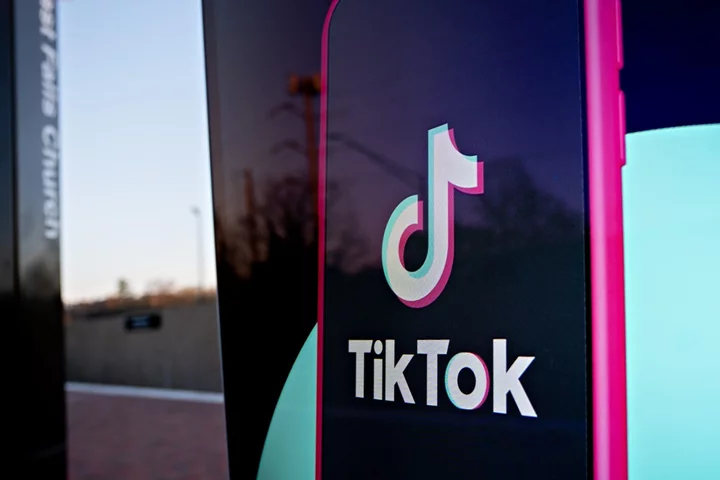After nearly two years and $69 billion, Microsoft’s purchase of Activision Blizzard is finally complete. The Xbox maker and the game developer are joining together in the biggest purchase in gaming history.
It is a vast business undertaking that will define the future of the two companies and the gaming industry more broadly. But what will it actually mean for the gamers who use Microsoft’s platforms and play Activision’s games – as well as those that don’t?
What happened in the deal?
Microsoft first announced that it wanted to buy Activision Blizzard in January last year. Microsoft makes the Xbox and Activision Blizzard makes many of the worlds biggest games – it is often associated with Call of Duty, but also makes World Of Warcraft, Overwatch and mobile giant Candy Crush, and more.
In the time since, the deal has been hit by opposition from rivals, primarily PlayStation maker Sony, and has been undergoing scrutiny from regulators, who worried that it would give Microsoft too much power in the gaming market, and harm players as a result. Regulators across the world expressed those reservations, and in some cases required Microsoft to make changes to the deal.
Chief among those changes were Microsoft’s decision to give French gaming company Ubisoft the rights to distribute Activision games in the cloud. This was a response to concerns from the UK’s Competition and Markets Authority, which expressed concern specifically that the deal would give Microsoft too much power over cloud gaming.
But there were a host of less dramatic and expensive commitments. That included signing deals with other companies such as Sony and Nintendo to commit to keep Call of Duty games on their platforms.
What will it mean for Xbox players?
At least initially, the biggest consequences of the deal are likely to be for Xbox’s Game Pass, the subscription platform that allows players to download and play games in return for a monthly fee. More Activision games are expected to come to that platform as a result of the acquisition.
But even that won’t happen straight away, at least with all games. Activision said in a statement this week – before the deal closed – that its big titles won’t be coming to Game Pass this year, and has not made any commitments about which games will do so or when.
“While we do not have plans to put Modern Warfare III or Diablo IV into Game Pass this year, once the deal closes, we expect to start working with Xbox to bring our titles to more players around the world,” Activision wrote in a tweet. “And we anticipate that we would begin adding games into Game Pass sometime in the course of next year.”
What will it mean for gamers on other platforms?
Much of the discussion with regulators has been about this question. And many of the concessions that Microsoft gave over the deal were done with the aim of ensuring that the answer is: not that much, at least at first.
Xbox has committed to keep making its games available on other platforms such as PlayStation and Nintendo Switch, as well as on cloud platforms. And Xbox chief Phil Spencer echoed that commitment in the announcement that the deal was completed.
“Whether you play on Xbox, PlayStation, Nintendo, PC or mobile, you are welcome here - and will remain welcome, even if Xbox isn’t where you play your favourite franchise. Because when everyone plays, we all win,” he wrote.
But the bigger question might be about new games, especially those that come out after the initial commitments are over. Microsoft has committed to keep Call of Duty on rival platforms for 10 years, for instance – but things could change in the years after that, and with other, new games.
When Microsoft bought another game developer Bethesda in 2020, for instance, there were questions over what it would mean for players on other platforms, and whether its games would be exclusive to Microsoft. Its most recent game Starcraft was available only on the Xbox and PC, and the upcoming Elder Scrolls VI is likely to be the same.
Read MoreNasa launches Psyche mission to study an ancient metal asteroid
Microsoft buys Call of Duty developer in biggest deal in gaming history
Microsoft gets go-ahead to buy Call of Duty maker Activision
Nasa launches Psyche mission to study an ancient metal asteroid
Microsoft buys Call of Duty developer in biggest deal in gaming history
Microsoft gets go-ahead to buy Call of Duty maker Activision

